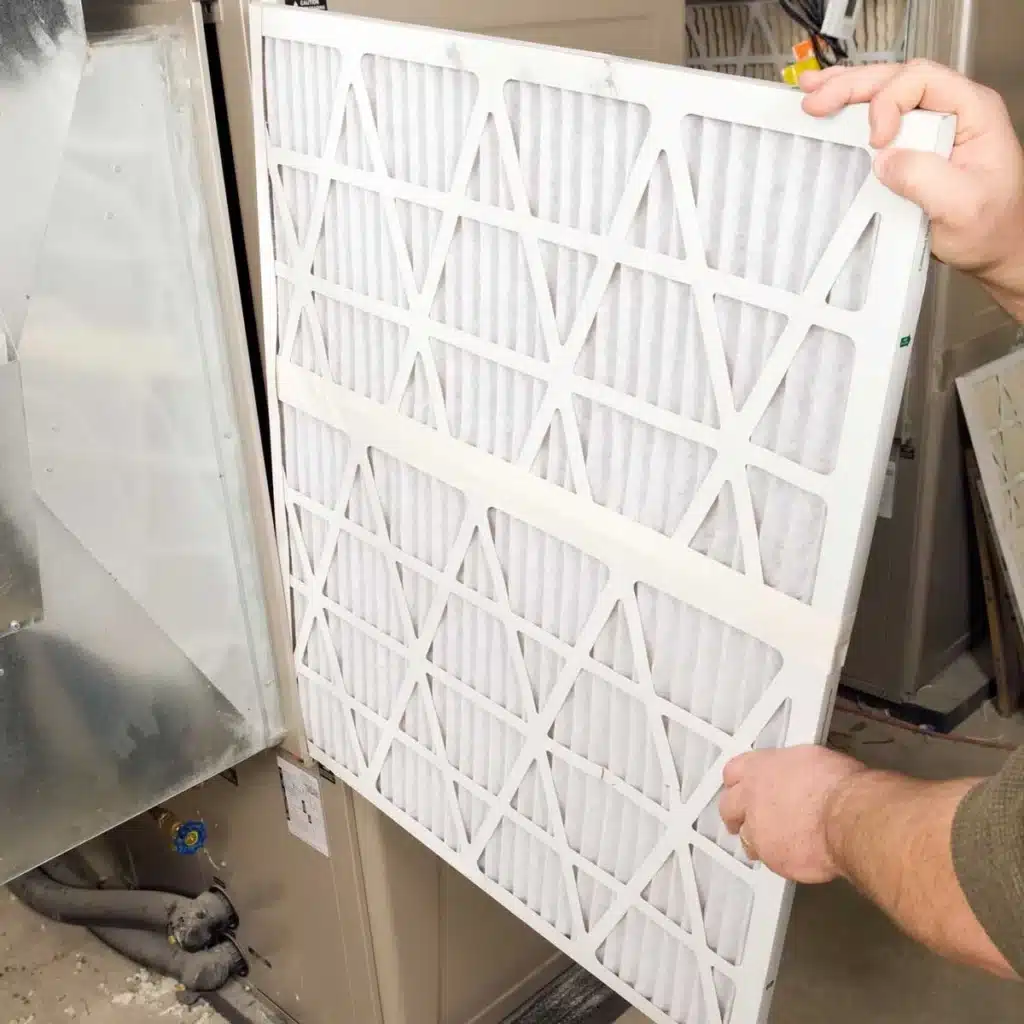A heating, ventilation, and air conditioning (HVAC) system is one of the most important aspects of a home’s functionality, enjoyment, and value. Regular and preventive maintenance will lower your energy costs, prevent costly repairs, ensure that your system is ready to heat and cool your home when needed and prolong the life of your systems. Below are Top 10 HVAC Maintenance Tips for every homeowner:
1. SCHEDULE AND DOCUMENT PROFESSIONAL HVAC SERVICE
Ideally, you should consider scheduling two seasonal HVAC tune-ups each year, one in the spring for the air conditioning and one in the fall for the heating. During these maintenance checkups, an HVAC professional will thoroughly service, inspect and troubleshoot the system to keep it working efficiently and prevent breakdowns. These tune-ups will normally include:
- Check the thermostat calibration and settings
- Inspect and tighten electrical connections as needed
- Lubricate all moving parts
- Inspect the condensate drain and clean as needed
- Check the system controls
- Clean and adjust the blower components
- Clean the evaporator and condenser coils
- Check the refrigerant charge
- Check fuel line connections
- Inspect the gas pressure, burner combustion and heat exchanger
2. CHANGE THE FILTERS!
Filters remove dust, hair, pet dander and other particles from the air in your home to minimize their accumulation and potential health effects. The amount of air particles in your home will vary throughout the year, due to changing weather and seasonal factors. To confirm when the filters need to be changed, you should set yourself a recurring, monthly reminder to visually inspect them. By changing the HVAC filters as needed you can improve the air quality inside of your home and use less energy. Clean filters minimize resistance of air flow, allowing the system to heat and cool at its optimal efficiency. A general recommendation for most systems is to install a filter with a MERV rating between 7 and 13 to provide an optimal balance between filtration ability and airflow.

3. PERFORM A VISUAL INSPECTION OF YOUR SYSTEM
When you’re checking the condition of the filters each month, you should inspect other aspects of the system to look for other maintenance issues. Check out the thermostat, inside the unit, outside unit, registers, and returns. In addition to that, you should check the following:
- Check the battery status on the thermostat.
- Inspect the condensate system to ensure that it is draining properly.
- Ensure that the filter access and cabinet door are securely closed.
- Make sure the venting system is securely attached and fully intact (check for rust, holes, etc.).
- Your HVAC system was designed to operate at peak efficiency with all registers and returns unblocked and open. Inspect all registers and returns to confirm they are open and not blocked by furniture or other belongings.
- Check all registers for signs of mold or accumulated dust. Vacuum as needed to remove dust.
- Make sure the outdoor AC unit is level. Use weather-proof shims to level it if necessary.
4. MINIMIZE CLUTTER AROUND THE INDOOR HVAC UNIT
Keeping the area around your indoor HVAC unit clear improves air quality and safety. The more stuff you have sitting around, the more surface area there is to collect dust that will eventually make its way into the vent system. Clutter also reduces air circulation in the immediate area, which is bad for system efficiency. Plus, clutter can become both a fire hazard and a trip hazard and make it harder to perform repairs and maintenance.
5. KEEP THE AREA AROUND THE OUTSIDE AC UNIT CLEAN AND CLEAR
The outside HVAC unit can easily become a collection point for fallen leaves, twigs, grass clippings and other debris. Remove all debris on and around the unit each time you do yard maintenance, and hose it down if dirt begins to accumulate. Keep nearby plants trimmed back at least two feet from all sides of the unit to help maintain proper airflow.
6. CONFIRM AND MANAGE THERMOSTAT SETTINGS
Check your thermostat settings monthly to confirm that they’ve not been inadvertently changed. If you’ve not already done so, consider installing a programmable thermostat to automatically adjust the temperature at different times of the day or during extended vacation periods. If you allow the house to stay cooler in winter and warmer in summer while you are not home, the system will run less frequently, use less power and last longer.
7. CHANGE THE BATTERIES IN YOUR THERMOSTAT
Some thermostats are hardwired into the home electrical system. Others are battery-powered. Replace batteries at least annually to prevent problems.
8. CONFIRM PROPER OPERATION OF CO DETECTORS
A carbon monoxide detector is an essential safety device in homes with combustion-based heating systems such as natural gas or fuel oil. In the event of an exhaust leak, impaired ventilation, excess gas flow or other malfunction, the alarm could save your life.
These devices have an average working life of about seven years. Test carbon monoxide detectors monthly to ensure it is in proper working order and replace it if necessary. Plan on changing the batteries every six months.
9. WATCH YOUR ENERGY BILLS
If you notice either a spike or a gradual increase in energy consumption when usage is unchanged, it could be a sign of an issue with your HVAC system. Schedule a service visit with your trusted heating and cooling company to have them check the system. Dirty filters, duct leaks, low refrigerant, failing parts or other issues could be the cause.
10. CONSIDER OR PLAN FOR SYSTEM REPLACEMENT
The average lifespan of an HVAC system is between 15 and 25 years. Several variables can increase or decrease that timeline, including the type of system, brand, and consistency of maintenance. By caring for your heating and cooling system diligently you will maximize its working life and maintain higher efficiency. Eventually, reduced energy efficiency and/or increased cost of repairs will dictate its replacement. Don’t wait for your system to crash on the hottest day, coldest night, or while you’re away on vacation. Plan and replace your HVAC system on your own terms.
Consider scheduling an Acuity Home Maintenance Inspection! We can help provide information and resources to enable you to identify a range of maintenance opportunities to maintain the value, safety and longevity of your home. Schedule one today!


